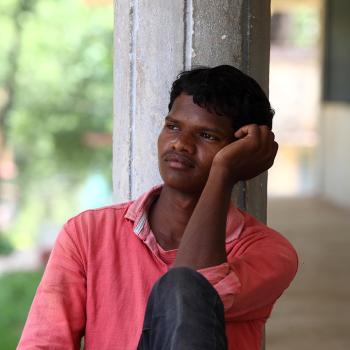
Young Lives' latest policy brief sets out recommendations for the global community to step up action to promote, protect and care for young people’s mental health in low- and middle-income countries.
Drawing on over two decades of data, Young Lives is one of the few studies collecting longitudinal data on mental health in LMIC, including in conflict-affected regions of Ethiopia, providing a holistic, life-course perspective of risk factors and effective strategies for building resilience.
The study’s latest evidence shows that young people’s mental health has not fully recovered since the pandemic and that the combined effects of COVID-19, armed conflict and climate change are having a significant impact on young people’s transitions to adulthood. Read further findings and our recommendations via the button below.
Young Lives’ research has also informed the World Health Organization’s recent Guidance on Mental Health Policy and Strategic Action Plans (WHO 2025a), highlighting the need for a holistic, life-course approach that prioritises person-centred, recovery-oriented and rights-based mental health care.

Young Lives' latest policy brief sets out recommendations for the global community to step up action to promote, protect and care for young people’s mental health in low- and middle-income countries.
Drawing on over two decades of data, Young Lives is one of the few studies collecting longitudinal data on mental health in LMIC, including in conflict-affected regions of Ethiopia, providing a holistic, life-course perspective of risk factors and effective strategies for building resilience.
The study’s latest evidence shows that young people’s mental health has not fully recovered since the pandemic and that the combined effects of COVID-19, armed conflict and climate change are having a significant impact on young people’s transitions to adulthood. Read further findings and our recommendations via the button below.
Young Lives’ research has also informed the World Health Organization’s recent Guidance on Mental Health Policy and Strategic Action Plans (WHO 2025a), highlighting the need for a holistic, life-course approach that prioritises person-centred, recovery-oriented and rights-based mental health care.

